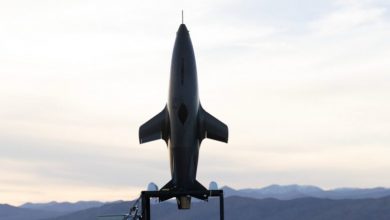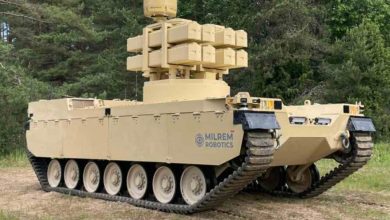Earth to have new mini-moon for two months

A pair of asteroid dynamics researchers from Universidad Complutense de Madrid Ciudad Universitaria have found that a small asteroid will make one orbit around the Earth starting this month before departing back into other parts of the solar system.
In their paper published in the journal Research Notes of the AAS, Carlos de la Fuente Marcos and Raúl de la Fuente Marcos describe how the Earth tends to capture asteroids on a regular basis and outline their calculations showing the path of 2024 PT5 as it comes close to Earth.
Prior research has shown that many asteroids fall into partial or full elliptical paths around the Earth before eventually being flung away. Back in 2006, for example, a small asteroid circled the Earth for approximately a year—and another one did so for several years before leaving in 2020.
In this new effort, the researchers were looking at a small asteroid that was discovered last month as part of the Asteroid Terrestrial-Impact Last Alert System. Prior research had shown that the asteroid was not on a collision course with Earth, and the researchers suspected it might instead become bound by the planet’s gravity for a while.
The researchers noted that the asteroid is small, only 10 meters across. By noting its current size, speed and path, the pair were able to calculate its path over the next few months. They found that it was going to come close enough to the Earth to become bound by its gravity, if only for a couple of months.
Their work shows that it will circle the Earth one time, taking 53 days, starting at the end of this month and then leaving near the middle of November.
In noting its path, the researchers were also able to estimate its origins. They found that it likely came from the Arjuna asteroid belt, which is made up of many asteroids with orbits around the sun similar to Earth’s. They also note that it is not likely that asteroid 2024 PT5 is a piece of space junk because it has a path that is similar to another object that has a natural origin.





